Shares of the "trad husband" phenomenon have been quietly growing in recent years, with many women embracing conservative gender roles in their families and their partners taking on more traditional roles. The trend, popularized by online influencers, has sparked a mix of fascination and criticism, with some hailing it as a return to traditional values and others viewing it as a form of patriarchal control.
At the center of this movement are women like Brianna Bell, who met her husband Daniel as college students near Toronto. Brianna, who had been raised in a conservative Christian church, had already begun to adopt traditionalist messages about family and marriage. When they married, Daniel became a pastor and Brianna a stay-at-home mom, embracing a lifestyle that prioritized her husband, children, and God above all else. For Brianna, this meant making her own laundry detergent, being gentle and meek, and putting her family's needs before her own.
"I felt like I never had to cook, and I barely had to clean," Daniel said in an interview. "It was a relief, to be honest." However, Daniel's experience was not without its complexities. He acknowledged that the traditional life was not always easy, and that he sometimes struggled with the expectations placed upon him.
The "trad husband" phenomenon has its roots in the online community of "tradwives," women who have adopted a lifestyle that prioritizes traditional gender roles and domesticity. Tradwives often share their experiences and advice on social media, where they have amassed large followings and become influential voices in the movement.
Critics of the trend argue that it perpetuates patriarchal attitudes and reinforces the idea that women are solely responsible for domestic work and childcare. Others see it as a form of nostalgia for a bygone era, one that ignores the complexities and challenges of modern family life.
Despite the controversy surrounding the trend, many women like Brianna Bell continue to embrace the "trad husband" lifestyle. For them, it represents a return to traditional values and a sense of community and belonging.
As the trend continues to grow, it remains to be seen how it will evolve and what impact it will have on modern family life. One thing is certain, however: the "trad husband" phenomenon is a complex and multifaceted issue that deserves to be explored and understood in all its nuances.




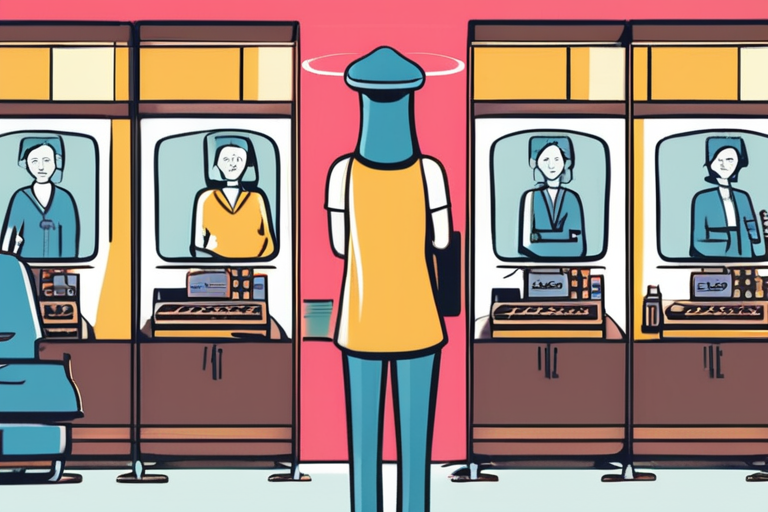
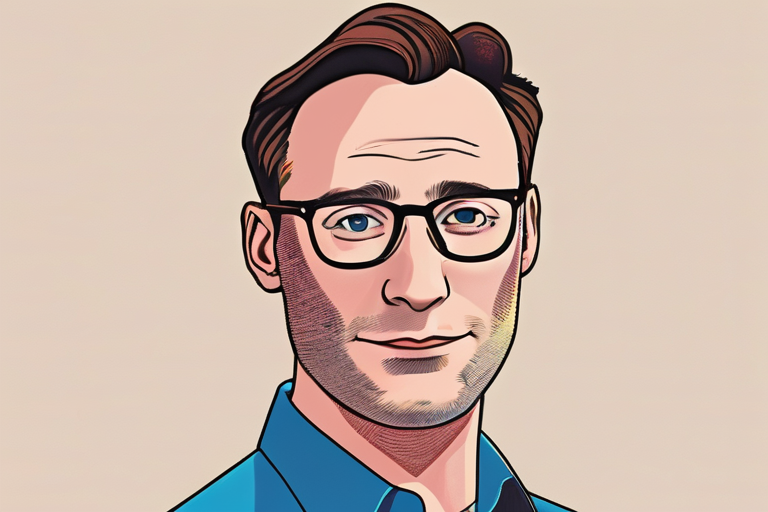

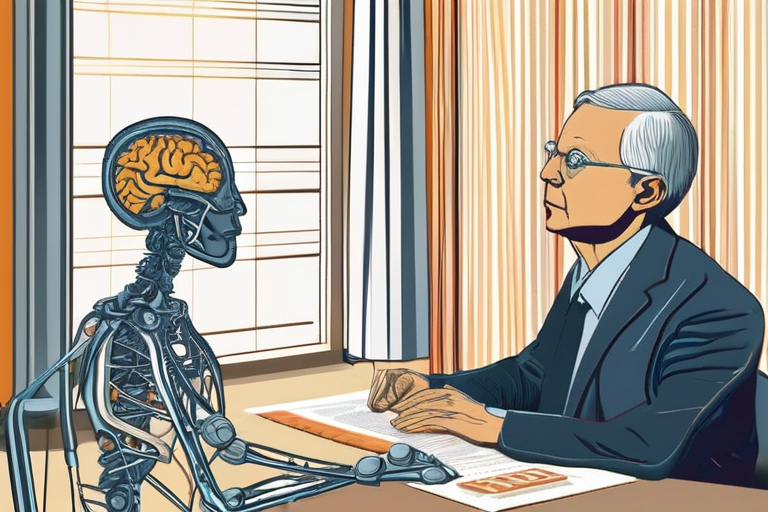
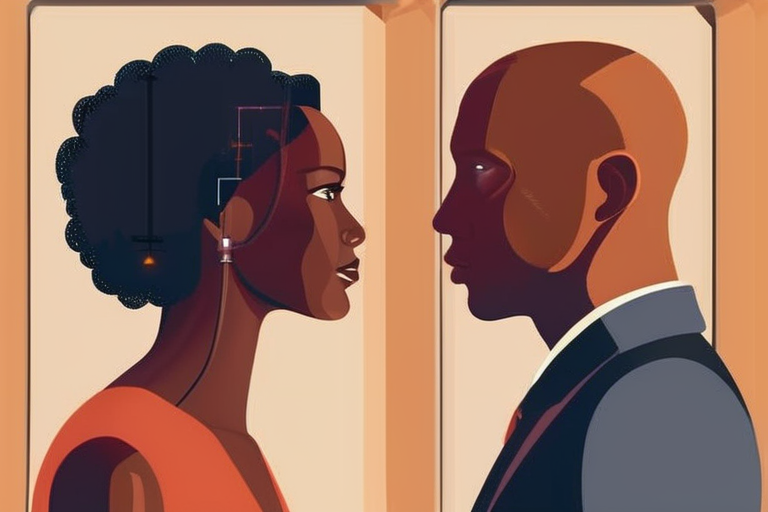







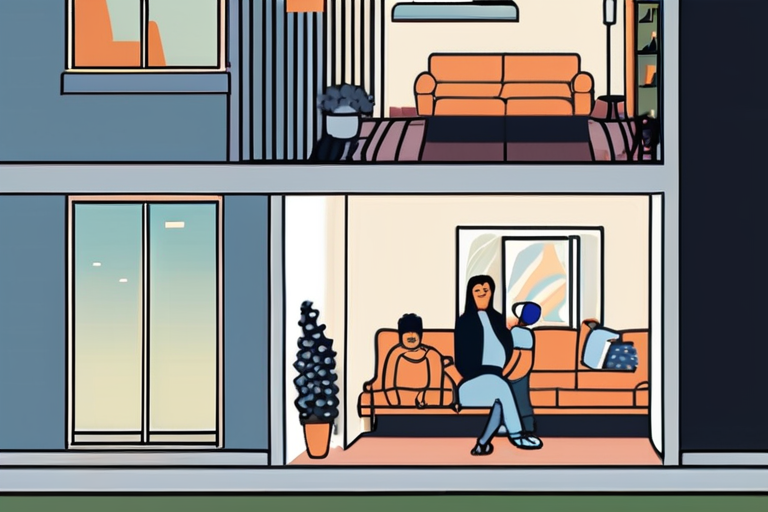






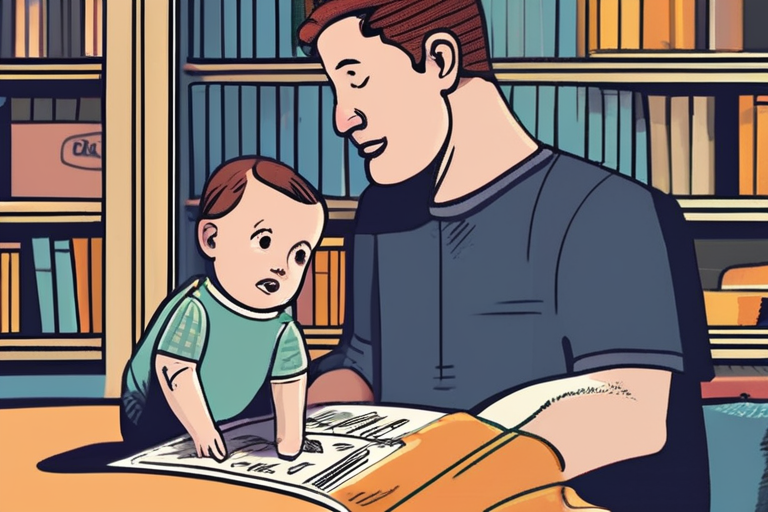



Share & Engage Share
Share this article